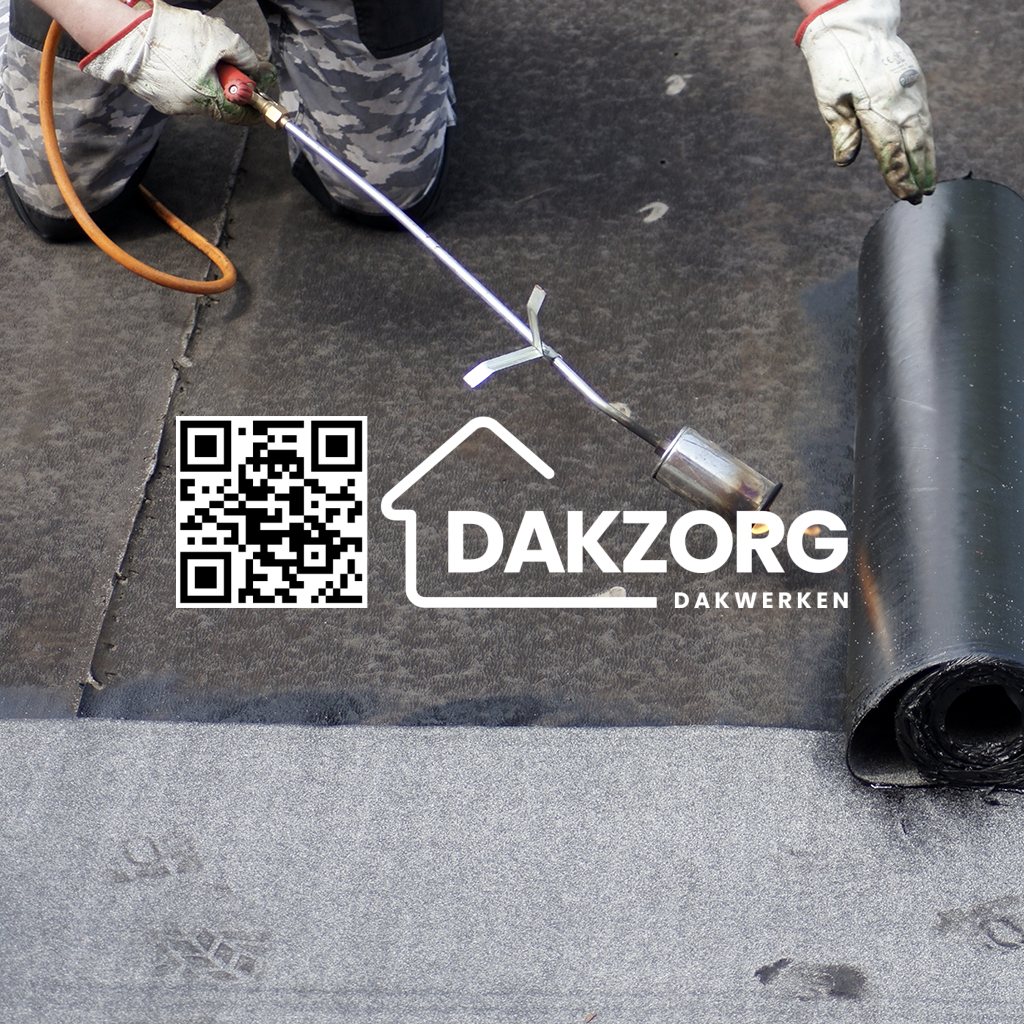Introduction
When it comes to roofing, homeowners have long relied on traditional asphalt shingles for their durability, affordability, and ease of installation. However, as environmental concerns rise and the demand for energy efficiency increases, many are beginning to ask: are there better alternatives out there? In this article, we’re diving deep into the world of roofing materials, exploring alternatives to traditional asphalt shingles that not only meet your functional needs but also align with a more sustainable future.
The roofing industry is evolving. With new technologies and materials emerging every year, it’s essential for homeowners to keep abreast of their options. Whether you're building a new home or considering a roof replacement, understanding the benefits and drawbacks of various roofing materials can help you make an informed decision.
What Are Asphalt Shingles?
Asphalt shingles are one of the most popular roofing materials in North America. They come in two primary types: organic and fiberglass. Organic shingles are made from recycled paper products saturated with asphalt, while fiberglass shingles consist of a fiberglass mat coated with asphalt.
Advantages of Asphalt Shingles
Cost-Effective: They are relatively inexpensive compared to other roofing materials. Easy Installation: Their lightweight nature makes them easy to install. Variety: Available in numerous colors and styles.Disadvantages of Asphalt Shingles
Lifespan: Generally last 15-30 years. Environmental Impact: Production involves petroleum-based products. Energy Efficiency: Can absorb heat leading to higher cooling costs.Exploring Alternatives to Traditional Asphalt Shingles
With their pros and cons in mind, let’s explore some viable alternatives available today that could potentially suit your needs even better than traditional asphalt shingles.
![]()
Metal Roofing: A Modern Solution
What Is Metal Roofing?
roofingMetal roofing can be made from steel, aluminum, copper, or zinc and offers a sleek modern look that many homeowners find appealing.
Benefits of Metal Roofing:
- Durability: Metal roofs can last 40-70 years. Energy Efficiency: Reflects solar heat helping reduce cooling costs. Recyclable: Made from recyclable materials which reduces environmental impact.
Drawbacks of Metal Roofing:
- Costly Installation: Higher upfront cost compared to asphalt. Noise Factor: Can be noisier during rain or hail unless soundproofed.
Slate Roofing: The Elegant Choice
What Is Slate Roofing?
Slate is a natural stone product known for its beauty and longevity; it’s Dutch podcast about roofing often regarded as a high-end roofing material.
Pros of Slate Roofing:
- Longevity: Can last over 100 years with proper maintenance. Aesthetics: Offers a sophisticated appearance that increases property value.
Cons of Slate Roofing:
- Weight: Heavier than traditional shingles requiring additional structural support. Costly Material & Installation: It can be one of the most expensive options available.
Wood Shake and Shingle Roofs: Rustic Appeal
What Are Wood Shake and Shingle Roofs?
![]()
Wood shakes are hand-split while shingles are machine-cut; both provide a rustic charm that appeals to many homeowners.
Advantages:
Natural Insulator Environmentally Friendly (when sourced sustainably) Unique AppearanceDisadvantages:
Maintenance Intensive Vulnerable to Fire Shorter Lifespan (typically 20-30 years)Tile Roofing: The Mediterranean Touch
What Is Tile Roofing?
Tile roofing consists mainly of clay or concrete tiles, offering an extremely durable option with distinct aesthetics reminiscent of Mediterranean architecture.
Benefits of Tile Roofing
- Long-lasting (can exceed 50 years). Fire resistant.
Drawbacks of Tile Roofing
- Heavy weight may require structural reinforcement. High initial cost compared to asphalt shingles.
Table Comparison of Popular Alternative Roofing Options
| Type | Longevity | Cost | Energy Efficiency | Maintenance Needs | |--------------------|-------------|------------|-------------------|-------------------| | Metal | 40 - 70 yrs | $$$$ | High | Low | | Slate | 100+ yrs | $$$$$ | Moderate | Moderate | | Wood Shake/Shingle | 20 - 30 yrs | $$$ | Moderate | High | | Tile | 50+ yrs | $$$$$ | High | Low |
FAQs About Alternative Roofs
Are alternative roofs more environmentally friendly than asphalt shingles? Yes! Many alternative roofing materials like metal and slate have lower environmental impacts due to longer lifespans and recyclability.
How do I know which type is best for my home? Consider factors such as budget, climate conditions in your area, aesthetic preferences, and local building codes when deciding on a roof type.

Can I install these alternatives myself? While some homeowners opt for DIY projects with simpler materials like wood shakes or metal sheets, it's generally recommended to hire professionals for heavier or more complex installations.
What's the lifespan comparison between asphalt shingles and alternatives? Asphalt typically lasts about 15–30 years, while alternatives like slate can last over 100 years!
Do alternative roofs require more maintenance than asphalt shingles? This varies by material; wood requires regular upkeep while metals typically need minimal maintenance once installed correctly.
How much do alternative roofs cost compared to asphalt shingles? Alternatives tend to have higher upfront costs but often provide savings in longevity and energy efficiency over time.
Conclusion
Choosing the right roof involves careful consideration beyond mere aesthetics or cost – it’s about finding what suits your lifestyle while being mindful of sustainability issues affecting us all today. By exploring alternatives to traditional asphalt shingles such as metal, slate, wood shake/shingle roofs, or tile roofs, you can make an informed decision that aligns with both your values and practical needs.
We hope this guide helps illuminate some paths forward as you navigate the realm of roofing choices—each option brings its own character along with unique advantages tailored just for you! So take your time; weigh the pros against cons carefully before sealing the deal on your next rooftop project!
Remember—your roof isn’t just shelter; it’s an investment! Happy roofing!